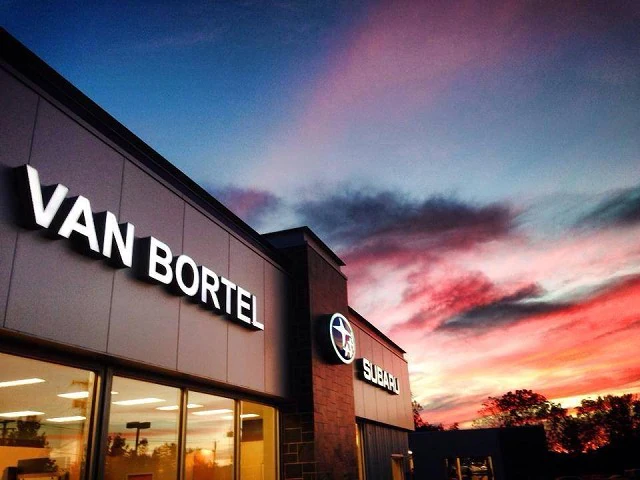Covid-19
Many unconvinced medical workers made the decision to get vaccinated
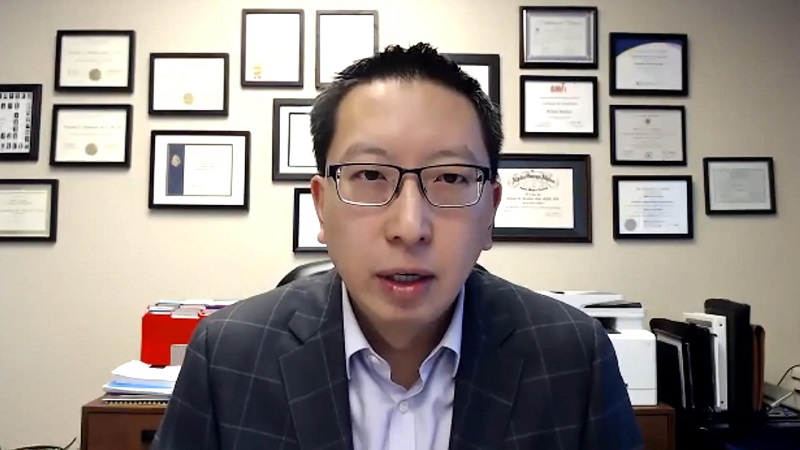
Rochester, New York — Many previously-unconvinced healthcare workers have made the decision to get vaccinated, Dr. Michael Mendoza, the Monroe County Commissioner of Public Health said.
“There are people who are saying ‘you know, being in healthcare really means a lot to me. And I want to take care of myself and keep my patients and family safe.’ And I think that’s the message that’s starting to resonate,” Mendoza said.
Monday marked the state’s vaccine mandate for healthcare workers.
“There has been reluctance, I think, for some people, who bristle at the thought that somebody is telling them to get the shot,” Mendoza continued, “But I think when you really look at the facts, we all want to take care of our patients, we want to do the right thing for our community. And we get the shot not because somebody told us to, but because it’s the right thing to do.”
According to Mendoza, critical services would be ‘untouched’ by employees who chose not to comply with the state vaccine mandate losing their jobs.
“I do know without any uncertainty,” Mendoza said, “the critical services will be completely intact. The emergency rooms, the urgent care, the hospital settings, ICU, hospital floors. All of those settings will find a way to continue business as usual.”
At Strong Memorial Hospital, anti-mandate protests have taken place over the last several months.
“In healthcare, we really encourage the right to refuse for patients,” said Rachel Comden, a local nurse. “But it’s not the same for nursing staff right now. And I think it’s very wrong.”
According to data published by both major hospital systems, the Rochester Regional Health reported 99 percent compliance, including employees who have received medical or religious exemptions. URMC reported a roughly 97 percent rate for ‘clinical’ employees.
“I know from both perspectives at each of the health systems, that they will have their job one day or one month later, presuming it’s still there, to come back to work,” said Mendoza.
“Tomorrow morning would be perfectly fine. What we really want is people to think about it and make the right call.”
-

 Local News5 days ago
Local News5 days agoReducing illicit ATV and dirt bike activity in Irondequoit; providing an update on the special police detail
-
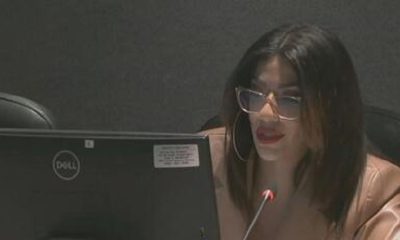
 Local News2 weeks ago
Local News2 weeks agoRochester Board of Education vice president under investigation for alleged threat
-

 Local News2 weeks ago
Local News2 weeks agoFollowing sponsor rejection, millions of dollars are put on hold for community organizations in Rochester
-

 New York2 weeks ago
New York2 weeks agoPush grows to expand New York’s liquor shipment, container laws
-

 Local News1 week ago
Local News1 week agoGenesee Brewery’s $50 million investment enables the construction of a new, “state-of-the-art” packaging factory
-

 Local News2 weeks ago
Local News2 weeks agoTo support kids who need a wish, more than 275 people attend the Make-A-Wish gala
-
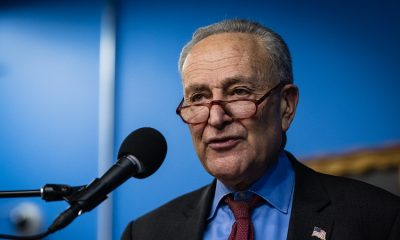
 Local News1 week ago
Local News1 week agoSchumer declares $400 million in federal funding for religious institutions’ protection
-
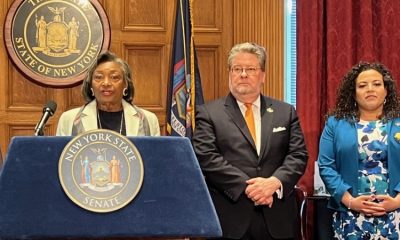
 Local News1 week ago
Local News1 week agoA judge strikes down the New York abortion rights amendment on November ballots





